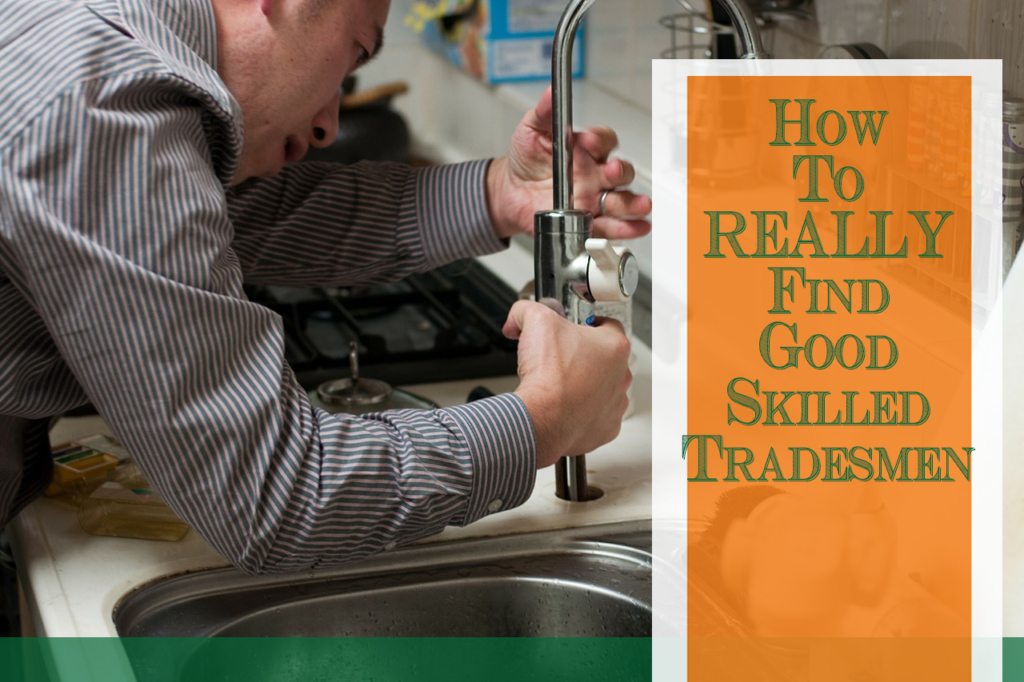Tired of skewed social media reviews leading you to unskilled skilled tradesman? Let’s face it, people have friends and family more than willing to give skilled tradesmen and other contractors stellar reviews. Here’s one way to get the real scoop on skilled tradesmen like plumbers, HVAC technicians, and electricians.
Go to where they buy their materials.
Good Skilled Tradesmen Rarely Only Shop The Big Box Stores
It’s true. Though skilled tradesmen often have to stop by big box stores like Lowes and Home Depot, they generally buy their materials from local suppliers. They go to these suppliers because they usually get better prices, better materials, and better service. These local suppliers often know the skilled tradesman by name. They sometimes even know their history. Often, they know how busy they are. Plus, they usually know what type of supplies they purchase. A skilled tradesman who uses sub-par materials isn’t for you, if you’re looking for a good person for the job.
So, head on up to your local supply store. Introduce yourself and explain the job you need help with. Then, ask them who they recommend. Now, sometimes they have policies against recommending contractors. Of course, that doesn’t mean they won’t. Still, if they won’t give out names, ask them in a different way. Tell them that you want referrals about their products and ask them the names of their bigger clients instead. They will know that you’re simply rephrasing the same question so that they don’t have to break policy and likely give you your answer!
Are You Looking for a Hard Money Loan to Flip a House?
Paces Funding is a Hard Money lender offering hard money loans to purchase and renovate non-owner occupied residential and commercial properties throughout the Atlanta, Nashville, Florida, North and South Carolina metropolitan areas.
Call us at 404-814-1644 or contact us online to find out whether you might qualify for this type of funding. In the meantime, check to ensure that you meet our loan criteria. Our loan amounts can be up to 65 percent of the after-repaired value of the collateral—and if you use the loan for renovation or construction, the loan amount can be based on the collateral’s improved value.
